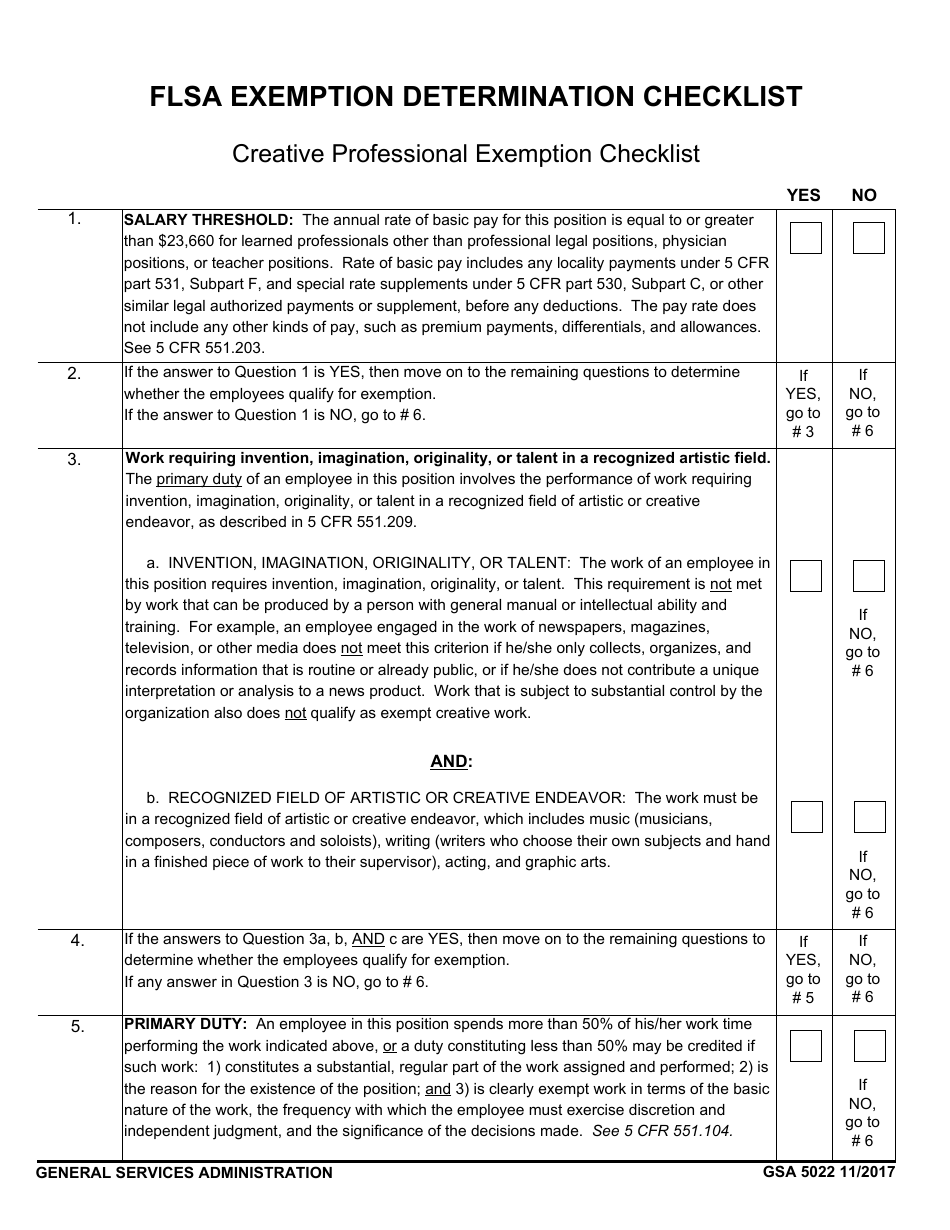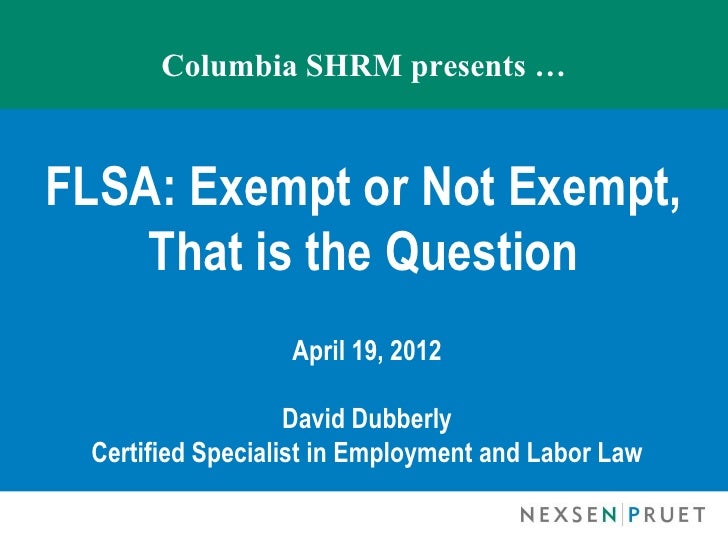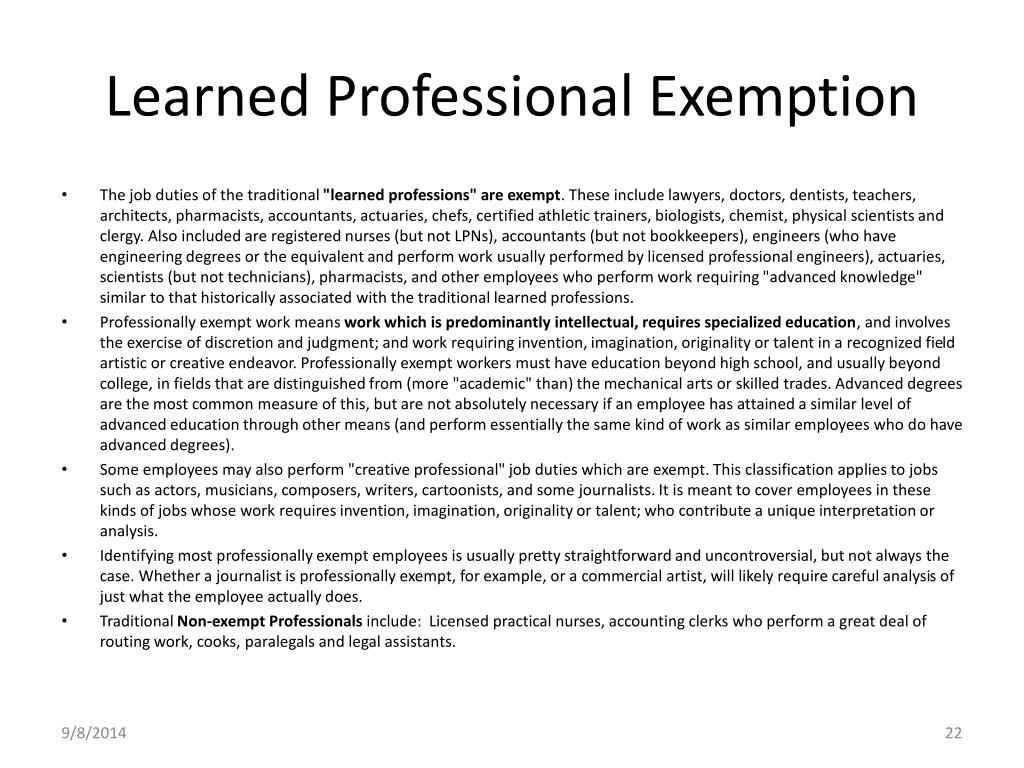


PENC MEANING PROFESSIONAL EXEMPT HOW TO
Related: Unlimited Vacation Policy: Why Employers Should Consider It How to determine if an employee should be classified as exempt It’s important for employers to understand which employees are exempt from overtime pay so they remain in compliance with laws and regulations as well as provide accurate pay information to candidates in their job postings. The FLSA exempt definition classifies employees by certain job duties and other factors.These may include:

Department of Labor and state and local labor laws. Both exempt and nonexempt employees may have other rights according to the U.S. non-exempt) employees aren’t entitled to benefits under the FLSA, such as overtime pay and a guaranteed minimum wage. The FLSA requires that employers pay nonexempt employees at least federal minimum wage ($7.25 per hour) for regular hours and at least time and a half for overtime hours. Under the FLSA, nonexempt employees are entitled to overtime pay, a minimum wage and other rights. What does an exempt employee mean? The difference between exempt and non exempthas to do with the rights typically afforded by the Fair Labor Standards Act (FLSA).


 0 kommentar(er)
0 kommentar(er)
